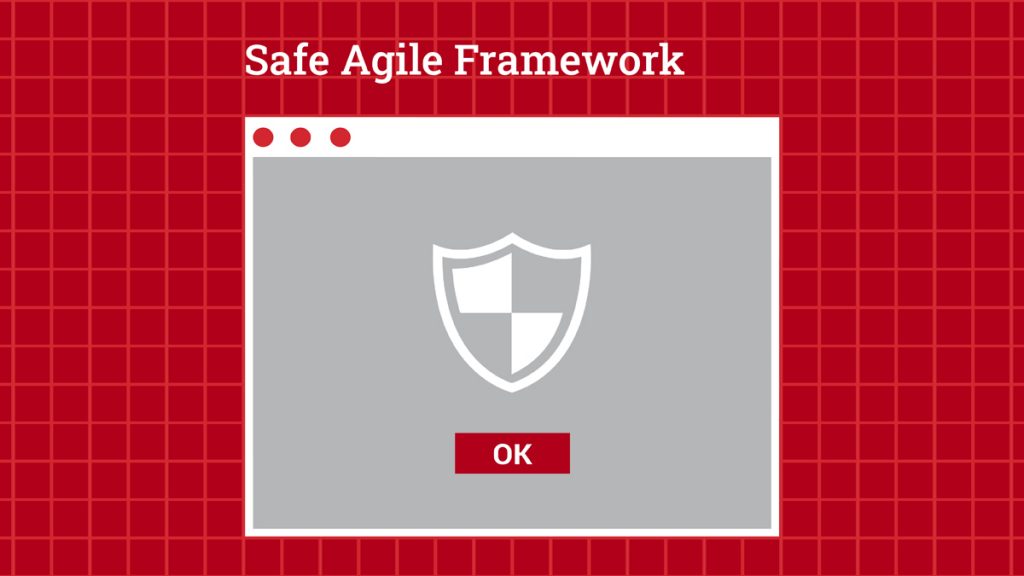As a framework for scaling Agile methods across an enterprise, Safe Scaled Agile Framework (SAFe) delivers faster turnaround speeds for product development by increasing quality and efficiency across the board.
In 2011, Dean Leffingwell developed the program to pinpoint varied levels within a company to address the diverse methods of Lean and Agile patterns.
SAFe methods
SAFe incorporates set methods to help large companies implement Agile procedures, such as Lean and Scrum. From this point, they can rapidly develop and supply better services and products.
SAFe offers a wealth of unified practices and methodologies that back enterprise agility. By laying the groundwork for an easier user experience, SAFe creates better agility for your enterprise.
Fundamental values
SAFe has four fundamental values where certified experts can support the successful transformation of companies into Lean-Agile enterprises:
- Alignment
- Built-in quality
- Transparency
- Program execution
Alignment
Alignment lets your enterprise adapt and change quickly. For this to work well within a team, it needs to be competitive within a market space.
Built-in quality
The main goal of built-in quality is all teams provide a product that is well produced. Quality delivery is necessary to deliver what stakeholders and customers are looking for.
Five features embody these qualities:
- Flow
- Architecture and design quality
- Code quality
- System quality
- Release quality
Transparency
Transparency provides better alignment which is needed for this SAFe model. Here are examples for better transparency:
- A portfolio and program backlog for utilization of PI goals
- Inspect & adapt for implementation
- PI planning
- Teams and ARTs can view a portfolio for a better overview
- Transparency provides levels of development
Program execution
With a strategic focus on business outcomes, SAFe recommends starting business transformation directly and not with just one team.
If agility exists within one team, this sort of application creates confusion. With the launch of one Agile Release Train (ART), better results are achieved for business outcomes. See diagram for key roles.
Program Increment (PI) Planning
PI Planning is a timed-based planning scheme that serves as the main Agile Release Train (ART) to deliver value in increments.
This aligns with all the teams for a shared mission and vision. It usually runs about 8 to 12 weeks in testing. More specifically, large-scale SAFe progression is a structured instrument that must be precisely maintained.
PI planning is essential to SAFe:
Conclusion
The benefits of having a SAFe framework provide sound accessibility, Agile methods, transparency within a company, tech alignment, and the ability to have ongoing upgrades. The long-term gains of such a framework enable your enterprise to go further.
Discover some concrete use-case examples of how Lean initiatives and real-time Operational Intelligence tools combined allow organizations to find and remove waste.
